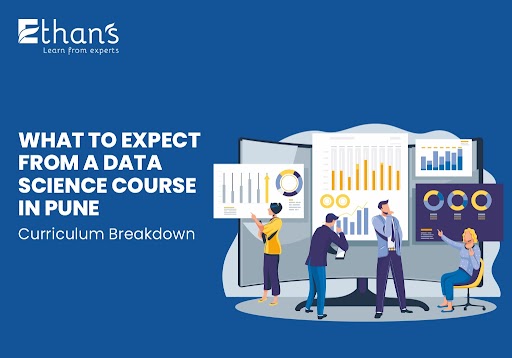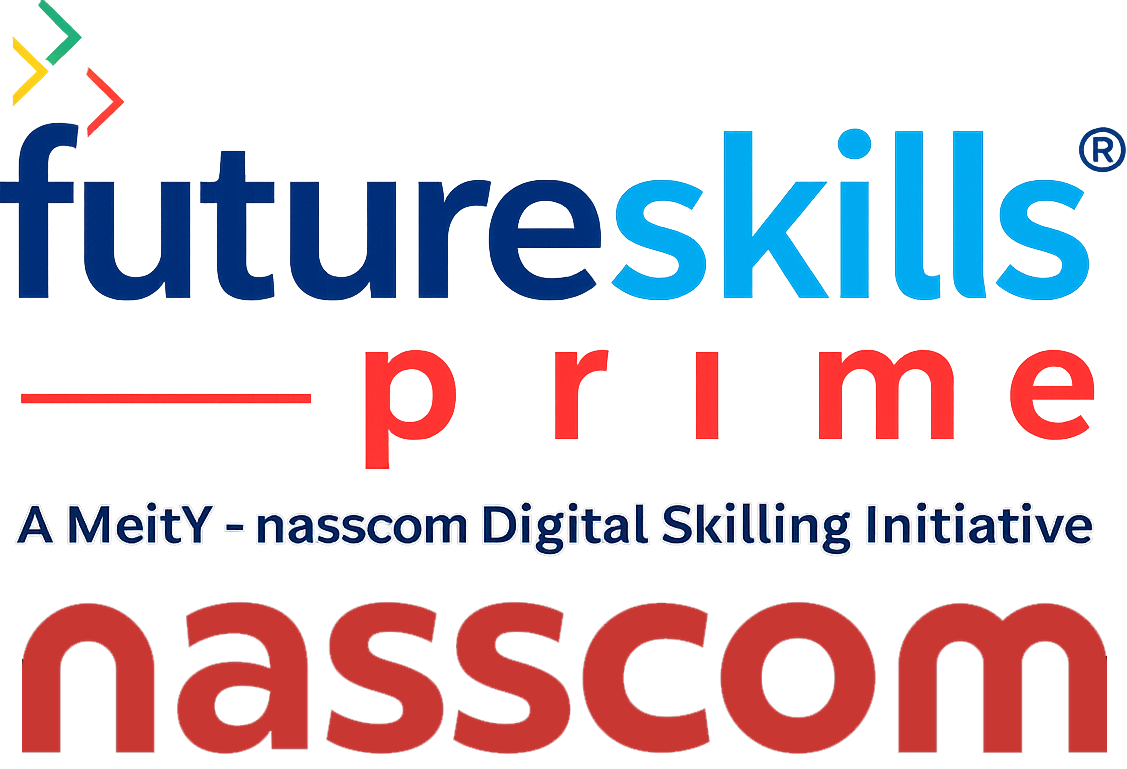Data science is a relatively young domain that has attracted considerable attention in the last decade due to the role played by data in organizations’ decision-making processes. Pune is famously known as the “Oxford of the East” because of the prominence of education in the city and has emerged as a preferred destination for young data scientists. This article gives a complete insight into what a data science course in Pune entails; the plan of study and the result expected at the end of the course.
Introduction to Data Science
Any course in data science that is being offered in Pune begins with getting the students acquainted with important concepts of data science. Learning at this stage is important because it builds the basis for future concepts to be taught. Students learn about:
- Data Types and Structures: Knowing the kinds of data such as structured, unstructured, and semi-structured data and the process of storing them.
- Data Collection Methods: Methods of collecting information from different sources such as databases, web scraping pages, and Application Programming Interface.
- Data Cleaning and Preprocessing: Techniques used to prepare data for analysis, one which is data cleaning.
Programming for Data Science
Thus, basic programming skills are mandatory skills for any data scientist. Courses in Pune typically cover:
- Python and R: These are the fundamental programming languages used in data science. The elements that form the offered curriculum refer to syntax, libraries, and frameworks useful for data handling and processing.
- SQL: Structured Query Language is also a crucial aspect that allows it to manage and query relational databases. By the time a student gets to this level, they can write optimized SQL queries that help in retrieving and transforming data.
- Big Data Tools: Familiarity with big data technologies such as Hadoop and Spark which are very important for managing massive datasets.
Statistics and Probability
It cannot be overemphasized that statistics and probability are the cornerstones of data science. Courses in Pune cover:
- Descriptive Statistics: Descriptive statistics entails summarizing and describing the main characteristics of a set of data.
- Inferential Statistics: Strategies of concluding populations where the entire population data is unknown but an entire population is a subset of the samples obtained.
- Probability Theory: Knowledge about the risks and probabilities for certain results, which is vital when doing probabilistic analysis.
Data Visualization
As has been postulated, the management of big data entails data analysis and explanation. Key areas include:
- Matplotlib and Seaborn: These are the Python libraries that are commonly used in creating static, animated, and interactive plots.
- Tableau: It is rather a very useful tool, which is used to design and develop complicated dashboards and analytic visuals.
- Plotly: An Open Source, JavaScript-based library to create dynamic, highly interactive and publication-quality graphs online.
Machine Learning
It is also worth knowing that machine learning is always the central part of any data science curriculum. In Pune, students can expect to learn about:
Supervised Learning: Supervised learning techniques that involve an element of teaching the model with pre-assigned labels. Included subjects are regression analysis, logistic regression analysis, decision trees and support vector machines.
Unsupervised Learning: Generic forms for training based on a data set without prior labeled outcomes. Discussed materials are clustering algorithms such as K-means, or hierarchical clustering and dimensionality reduction methods like PCA, and t-SNE.
Reinforcement Learning: A branch of Artificial Intelligence in which an agent acquires knowledge in how to make decisions through taking actions in an environment with a view of getting the largest amount of reward in the long run.
Deep Learning
The second subfield is machine learning, the subfield that deals with neural networks and their uses is called deep learning. The curriculum often includes:
- Neural Networks: Perceptron, activity function and Feedforward neural network as a primary component of deep learning.
- Convolutional Neural Networks (CNNs): It can be utilized mainly in image identification, or other words, the assessment of objects as visual images.
- Recurrent Neural Networks (RNNs): It is used in sequence generation problems such as time series analysis and natural language processing (NLP).
Natural Language Processing (NLP)
The next type of data which requires natural language processing is text data. A data science course in Pune typically covers:
- Text Preprocessing: Pre-processing methods like Tokenising, Stemming, Lemmatizing, and Stopword Elimination.
- Sentiment Analysis: About the comprehension and analysis of the qualitative characteristics of text data.
- Text Classification: Techniques to assign a given test text into already specified classes.
Capstone Projects and Internships
Real-life experience or field experience is very important when it comes to data science. Most courses in Pune include:
- Capstone Projects: Since people are naturally creative, teaching them involves giving them comprehensive projects that can enable them to solve real-life issues as they incorporate what they have been taught. In these projects, there is the use of datasets from industry partners, which are incorporated in creating such projects.
- Internships: The various chances to work with the companies and get practical experience as well as acquainted with the companies’ representatives.
Soft skill and professional development
One must understand that knowledge in the technical domain is not enough to make a perfect data scientist. Courses in Pune also put focus on:
Communication Skills: Understanding the best approach in presenting data and insights to top-shape technical personnel and other general business persons.
Team Collaboration: Working in teams, often on collaborative projects, to mirror real-world data science environments.
Ethical Considerations: Understanding the ethical implications of data science and ensuring responsible use of data.
Learning Outcomes
By the end of a data science course in Pune, students can expect to:
Master Core Concepts: A solid grounding in the subject matter with knowledge of data manipulation and statistical analysis as well as machine learning techniques.
Develop Technical Proficiency: Familiarity with programming languages such as Python, R, and SQL as well as tools like Tableau, Hadoop and Spark.
Apply Theoretical Knowledge: Skills in using and explaining different machine learning types and methods.
Create Visualizations: Competence in the process of data visualization and production of informative reports and dashboards.
Work on Real-world Problems: Doing the capstone projects and internships to get actual exposure to real-life data problems that we have to solve.
Communicate Effectively: Writing and presentation skills to explain complicated analytical findings in an easy-to-understand manner.
Check Out – Data Scientist Salary in India And The Factors That Affect Them
Conclusion
Pune is an ideal place to study the data science course for beginners as education is positively linked to a bright future in the data science area. The curriculum therefore prepares the students with a combination of theoretical knowledge and practical essential skills that enable the students to solve real-life data problems. In the exploration of the best programs that are appropriate for different roles, ranging from fresh graduates to experienced professionals and who wish to change their careers and become data scientists should go for Pune city as it has strong programs that can enhance the attainment of the said goals.





